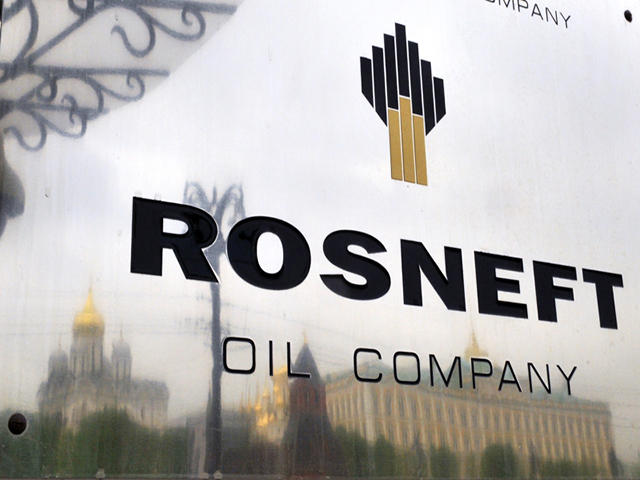
New European Union sanctions curbing access to western financial markets for some of Russia’s largest firms are targeting banks, arms manufacturers and oil.
The country’s leading oil company, Rosneft, is affected as well as the crude subsidiary of its state-owned energy giant Gazprom.
The measures published in the 28-nation bloc’s official journal came as a beefed-up response to what the West sees as Russia’s destabilising actions in Ukraine. The United States is expected to announce another round of Russia sanctions later.
The sanctions also ban another 24 officials from travelling to the EU and freeze their assets there. Among the individuals are four deputy parliament speakers and leaders of the separatists in eastern Ukraine.
They also hit businessman Sergey Viktorovich Chemezov, who served in the Soviet intelligence service in Germany alongside President Vladimir Putin during the Cold War and is now known as one of his “close associates”, according to the EU.
The sanctions curbing access to Europe’s financial market also hit pipeline operator Transneft, arms firms and Russia’s plane maker United Aircraft Corporation.
They forbid EU companies from engaging in new contracts in oil drilling, exploration and related services in Russia’s Arctic, deep sea and shale oil projects. Russia’s directly targeted oil major Rosneft is majority-owned by the state, but Britain’s BP holds a 19.75% stake in it.
Conspicuously absent from the high-level targets chosen, however, were Russian gas companies – such as Gazprom – because Europe depends on Russian gas imports.
The sanctions take immediate effect and will be reviewed by EU nations at the end of the month in light of the situation in eastern Ukraine. Russia has threatened to retaliate against the sanctions.
Speaking at a conference in Kiev, European Parliament president Martin Schulz said the new round of sanctions was a sign to Moscow that there is “no return to business as usual”.
Ukrainian president Petro Poroshenko thanked EU countries, saying they had “demonstrated their solidarity with Ukraine”.
The military conflict between the Ukrainian government and pro-Russian separatists in eastern Ukraine has been raging since mid-April, claiming more than 3,000 lives, according to the UN. Ukraine and the West have accused Russia of providing the rebels with weapons and recruits, which Russia denies.
The new EU capital market sanctions ban credits and loans with a maturity of over 30 days for the targeted Russian banks and firms. Previous sanctions covered only debt and equity with a maturity of more than 90 days.
Limiting access to western capital markets curbs lending and is poised to weigh down Russia’s already-flagging economic growth.
The export of high-tech items that can be used for both military and civilian purposes – so-called dual-use goods – is also facing further restrictions.
Overall, Brussels has been more reluctant than Washington to sanction Russia because of its broad economic ties. Moscow is an important gas supplier for many EU nations and it is the bloc’s third-largest trading partner overall.
The EU’s sanctions, however, have more impact than those imposed by the US, since the EU is by far Russia’s largest trading partner.
In retaliation for earlier sanctions, Moscow banned food imports from the West, closing a market worth 10 billion euro (£8 billion) a year for European producers.
Russia has also issued a veiled threat that it could ban Western airlines from using Russian airspace, a move that would lead to higher fuel costs and delays for flights to Asia by European airlines.
Recommended for you
